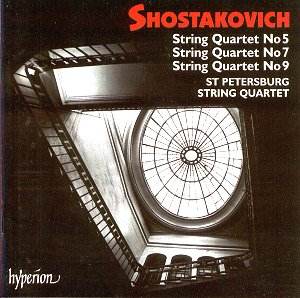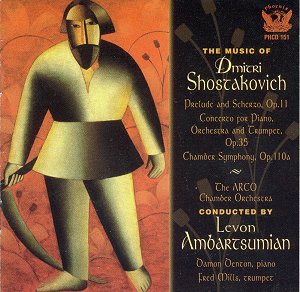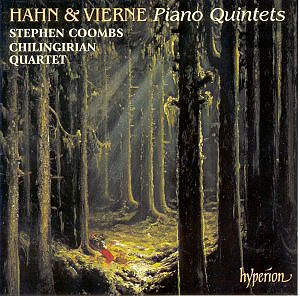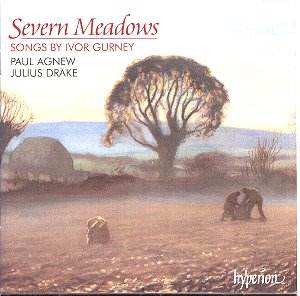 Dmitri SHOSTAKOVICH (1906-75)
Dmitri SHOSTAKOVICH (1906-75)
Recorded in St Petersburg in December 2000. [DDD]
HYPERION CDA67155 [73.07]
String Quartets – No. 5 in B flat, Op. 92, No. 7 in F sharp, Op. 108, No. 9 in E flat, Op. 117
The St Petersburg String Quartet’s rendition of Shostakovich’s Fifth, Seventh, and Ninth String Quartets encapsulates not only the technical prowess of its members but also their deep emotional understanding of this repertoire, a hallmark of their recordings since their formation in 1985. This latest installment in their ongoing project to record the complete quartets of Shostakovich reveals both the youthful vigor and the profound gravitas that these works demand.
Shostakovich’s Fifth Quartet, composed in 1949, emerges in this performance with a brightness that belies its somber historical context. The opening movement, Allegretto, is rendered with a buoyancy that complements the work’s inherent tension, as the St Petersburg Quartet deftly navigates the shifting moods. Here, one can observe how the ensemble captures the poignant interplay between the glacial upper strings and the plaintive solo cello, particularly in the final section, which recalls, in its stark beauty, themes later reworked in the Tenth Symphony. The quartet’s phrasing is particularly effective, allowing the music to breathe and resonate with a kind of fresh discovery that speaks to Shostakovich’s own complex personality at this time.
Transitioning to the Seventh Quartet, which was composed as an elegy for Shostakovich’s first wife, Nina, the St Petersburg Quartet imbues this work with a sense of intimate reflection. The interpretation here is not merely an interlude between the other two quartets but rather a focal point that reveals the composer’s emotional landscape during a time of personal loss. The performance’s subtle nuances, especially in the second movement, allow the listener to perceive the composer’s struggle and resignation, culminating in a deeply moving interpretation that honors both the spirit and the letter of the score.
The Ninth Quartet, dedicated to Shostakovich’s third wife, Irina Antonovna, presents a different challenge altogether. Written in 1964, it is marked by disjunct gestures and an overt dramaticism that the St Petersburg Quartet handles with remarkable skill. Particularly in the fourth movement, the ensemble’s stark contrasts between the frenetic and the subdued are executed with precision, highlighting the composer’s complex emotional terrain. The climactic final movement is a testament to the quartet’s ability to conjure a raw, visceral energy that encapsulates the spirit of Shostakovich’s later works, where the interplay of humor and tragedy becomes increasingly pronounced.
In comparison to the esteemed Borodin String Quartet, who have long been regarded as standard-bearers for Shostakovich’s quartets, the St Petersburg ensemble emerges as a worthy contender. While the Borodin Quartet’s interpretations are often characterized by a more measured profundity, the St Petersburg Quartet brings a freshness and immediacy that is equally compelling. Their insights into the emotional landscape of these works, coupled with an undeniable technical command, allow them to carve out their own interpretive space.
The recording quality of this album is commendable, capturing the warmth and clarity of the ensemble’s sound in the resonant acoustic of St Petersburg. The engineering allows for a balance that respects the individual voices within the quartet while also providing an immersive listening experience. The auditory experience reinforces the emotional weight of the performances, inviting listeners into the complex world of Shostakovich’s inner life.
In conclusion, this recording of Shostakovich’s String Quartets Nos. 5, 7, and 9 by the St Petersburg String Quartet stands as a significant contribution to the canon of chamber music recordings. Their youthful energy combined with a deep emotional resonance offers an interpretation that is both refreshing and insightful. While they may not eclipse the Borodin Quartet in every respect, the depth of their engagement with the music is undeniable and deserving of recognition. This disc will undoubtedly attract both seasoned aficionados and new listeners alike, ensuring that Shostakovich’s music continues to resonate in contemporary discourse.



